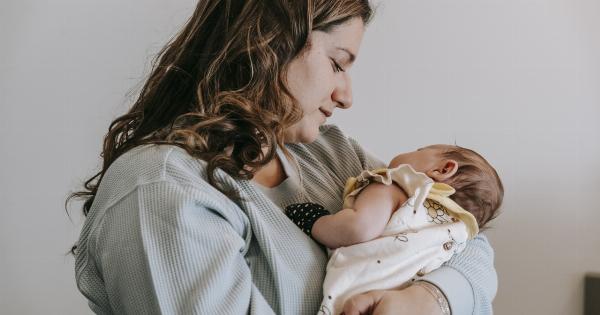Sleep apnea is a medical condition where a person experiences repeated interruptions in their breathing while they sleep. This can increase the risk of numerous health complications such as heart diseases, diabetes and stroke.
For many people, the condition leads to daytime fatigue, moodiness, irritability, poor concentration and even depression. Fortunately, there are several sleep apnea solutions that can help reduce breathing interruptions, improve sleep quality and ultimately improve overall health.
1. Continuous Positive Airway Pressure (CPAP)
This is the most common sleep apnea treatment that involves wearing a mask that is connected to a machine that delivers air pressure to keep your airways open while you sleep.
CPAP treatment has been scientifically proven to help improve sleep quality, reduce daytime sleepiness, increase alertness and productivity. CPAP is considered the gold standard treatment for moderate to severe sleep apnea.
2. Bi-Level Positive Airway Pressure (BiPAP)
BiPAP is similar to CPAP, except that it uses two pressure settings – a higher pressure when you inhale and a lower pressure when you exhale. BiPAP is often recommended when CPAP doesn’t work or when a person experiences discomfort from CPAP.
3. Automatic Positive Airway Pressure (APAP)
APAP is similar to CPAP, except that it automatically adjusts the air pressure based on your breathing. The machine constantly monitors your breathing and adjusts the pressure to ensure that your airway is kept open.
APAP is often recommended for mild to moderate sleep apnea or for those who cannot tolerate the fixed pressures of CPAP.
4. Oral Appliances
Oral appliances, also known as mandibular advancement devices, are mouthguards that are specifically designed to keep your airway open while you sleep by repositioning your jaw.
Oral appliances are often recommended for mild to moderate sleep apnea, or for those who cannot tolerate CPAP therapy. The devices need to be fitted by a dentist or orthodontist trained in dental sleep medicine.
5. Surgery
Surgery is often a last resort for people with sleep apnea and is typically used when other treatments have failed.
There are several surgical options, including Uvulopalatopharyngoplasty (UPPP), maxillomandibular advancement (MMA), genioglossus advancement (GA), and hypoglossal nerve stimulation (HNS). Each surgical option has its own risks and benefits, and should only be considered after careful consultation with a sleep specialist.
6. Lifestyle Changes
In addition to the above treatments, several lifestyle changes may help reduce the severity of sleep apnea. These include:.
- Losing weight if you are overweight or obese
- Avoiding alcohol, sleeping pills, and sedatives
- Quitting smoking
- Eating a healthy diet
- Exercising regularly
- Sleeping in a position that doesn’t restrict your airways (such as sleeping on your side instead of your back)
Conclusion
Sleep apnea can be a potentially harmful condition that can cause several health complications.
However, there are several sleep apnea solutions such as CPAP, BiPAP, APAP, oral appliances, surgery, and lifestyle changes that can help reduce the severity of breathing interruptions. It’s important to consult a sleep specialist to determine the best sleep apnea treatment for your individual needs.




























